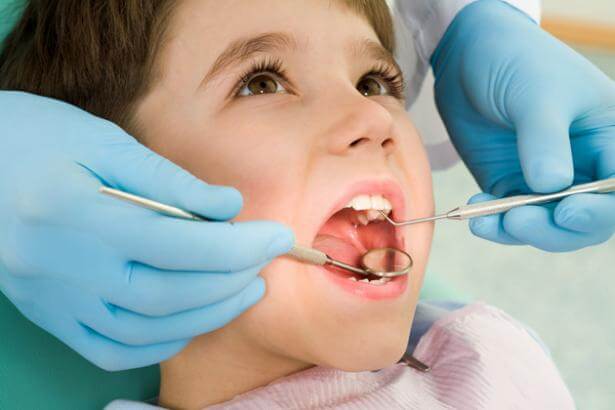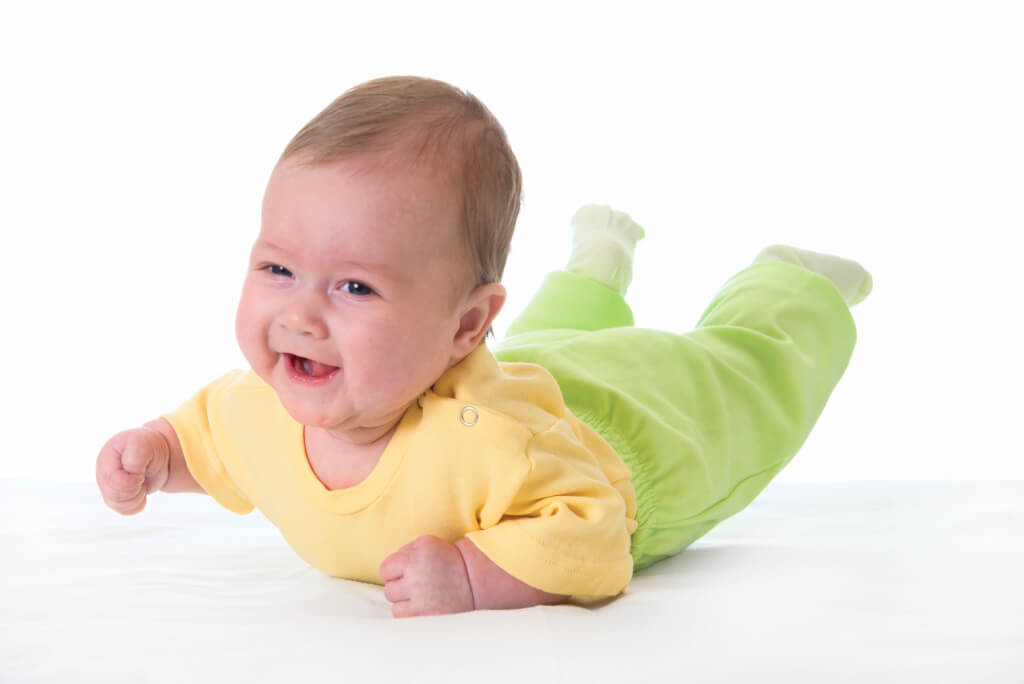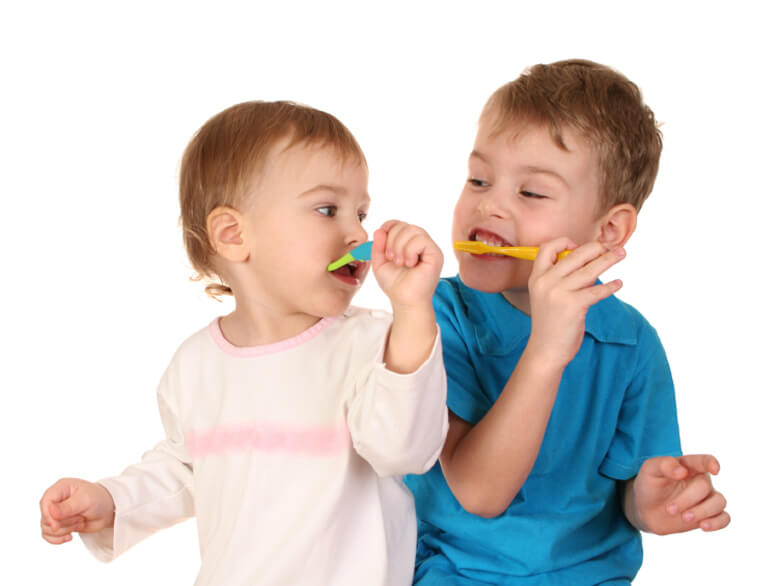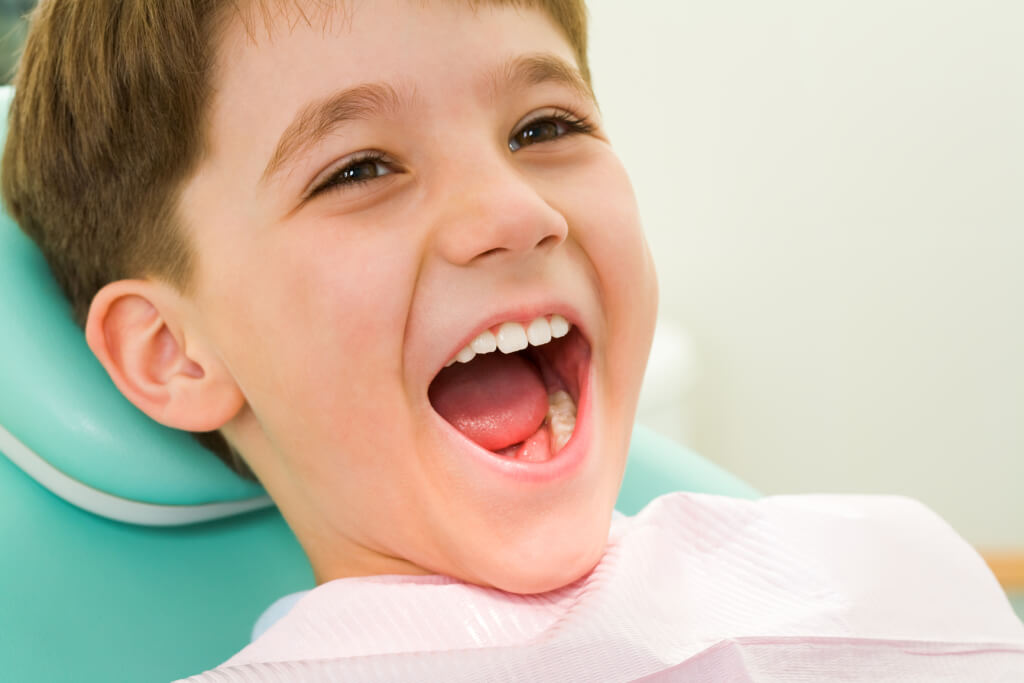

This single condition may cause more pain and suffering in small children than dl other conditions combined. It is a dental problem that can destroy the teeth of an infant or young child. This type of tooth decay occurs when liquid (other than water) is exposed to a child’s teeth for long periods of time. For example, when putting a baby to bed with a bottle, the teeth will have liquid on them overnight. Sugary liquids from the bottle will cause the teeth to decay. Examples of sugary liquids are milk, formula, soda pop, fruit juice and most other sweetened liquids.

Teeth are covered with a sticky film called plaque. The bacteria in plaque uses sugar to multiply and provide a constant supply of acid to damaged teeth. During sleep, saliva decreases, allowing sugary liquids to pool around teeth for a longer period of time. The sugar stays in the mouth, allows acid to attack longer, and causes more damage and destruction to the teeth.

Although, the upper front teeth usually are the first to be affected, all of the first set of teeth, commonly called “baby” or “primary” teeth, can be damaged. This can cause:


The first step is prevention. Start by talking to your dentist or hygienist and by following the guidelines outlined in this brochure. If your child has tooth damage from a bottle, your dentist or hygienist can help with treatment of the decay or infection and can develop a plan to prevent further damage.